
Never Eat Alone
And other Secrets to Success, One Relationship at a Time
From NEVER EAT ALONE, Expanded and Updated: And Other Secrets to Success, One Relationship at a Time by Keith Ferrazzi and Tahl Raz. Summarized by arrangement with Crown Currency, an imprint of the Crown Publishing Group, a division of Penguin Random House LLC.
ISBN: 9780385512053
Pages: 320
Recommendation
Author Keith Ferrazzi is a master networker who claims that his Palm Pilot holds the names of 5,000 people who will take his phone calls. That’s a powerful claim. Starting as a self-made man of humble origins, Ferrazzi developed his social network by helping people and by developing and mastering the techniques for networking. Here, he shares his methods. His light, engaging and entertaining story will motivate those who want to enhance their social and business friendships. The author advocates generosity as the key to success. That’s a radical business concept, but he claims it works. It’s certainly worth a try. getAbstract recommends this book to people who want to be more social, make friends and expand their business connections. It should also prove invaluable for those who are sick of sitting at home on Saturday nights.
Summary
About the Authors
Keith Ferrazzi is founder of Ferrazzi Greenlight, a marketing and sales consulting firm. He has contributed to Inc., The Wall Street Journal and Harvard Business Review. Tahl Raz is an editor at Fortune Small Business. He has written for Inc., The Jerusalem Post and The San Francisco Chronicle.



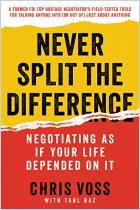
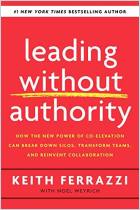

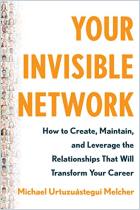
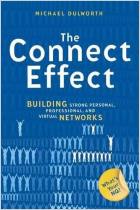
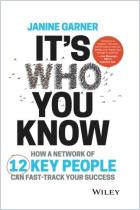

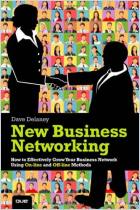
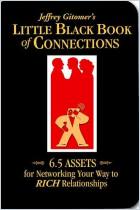





Comment on this summary
Overall, maybe the issue of culture is not sufficiently present in the book.